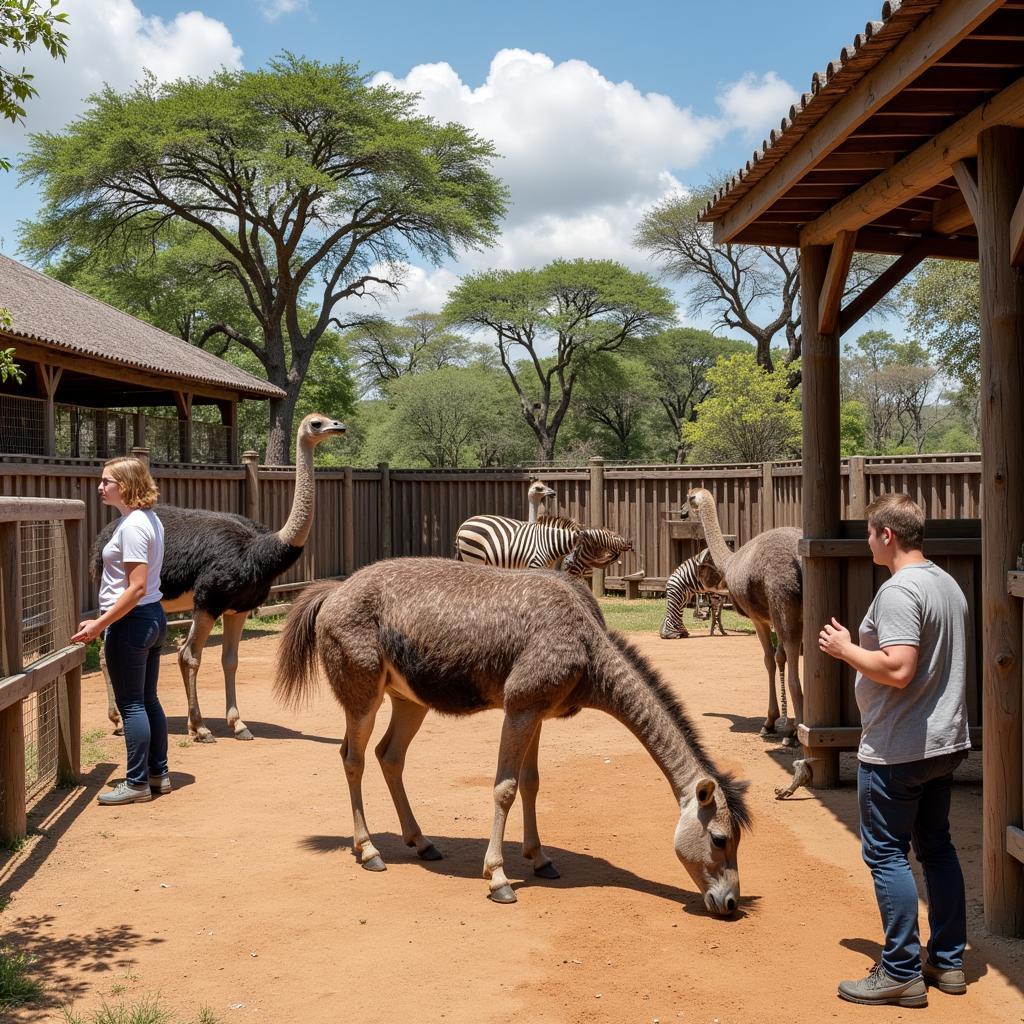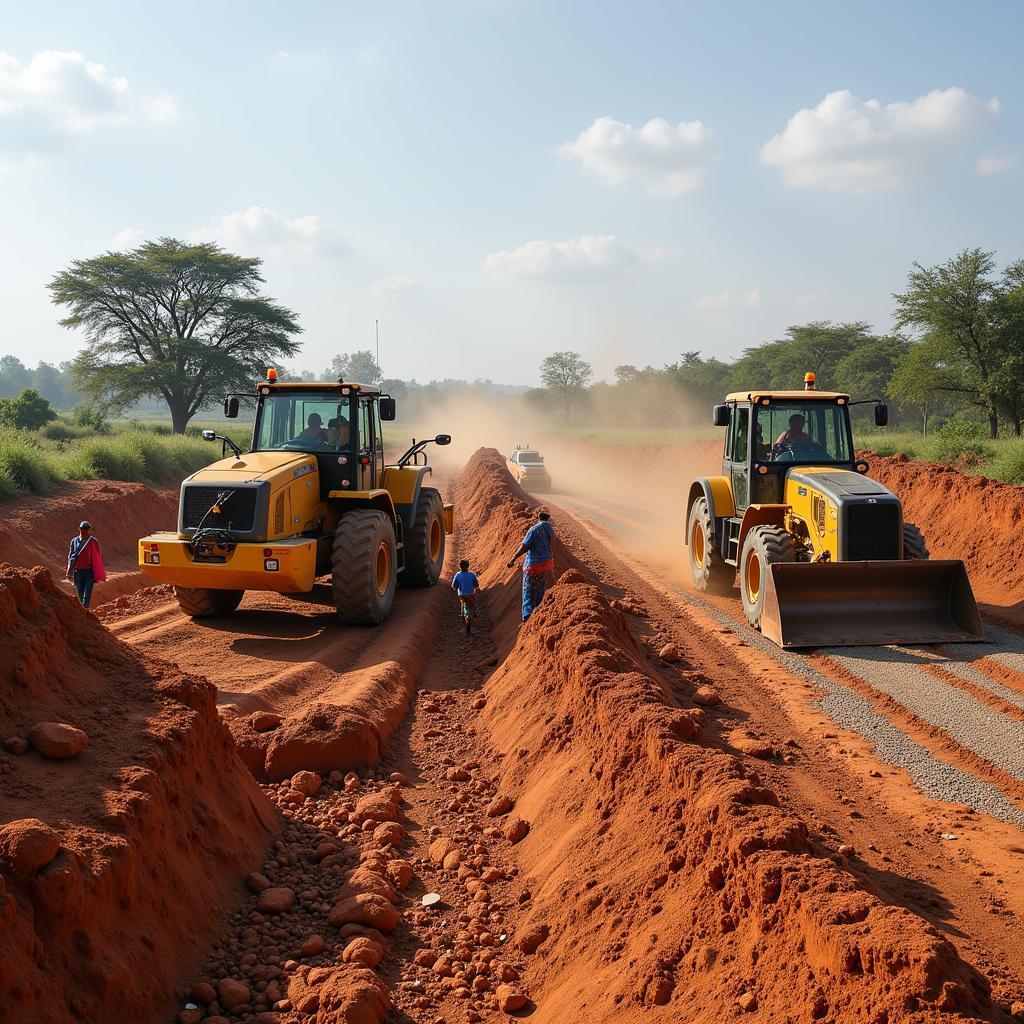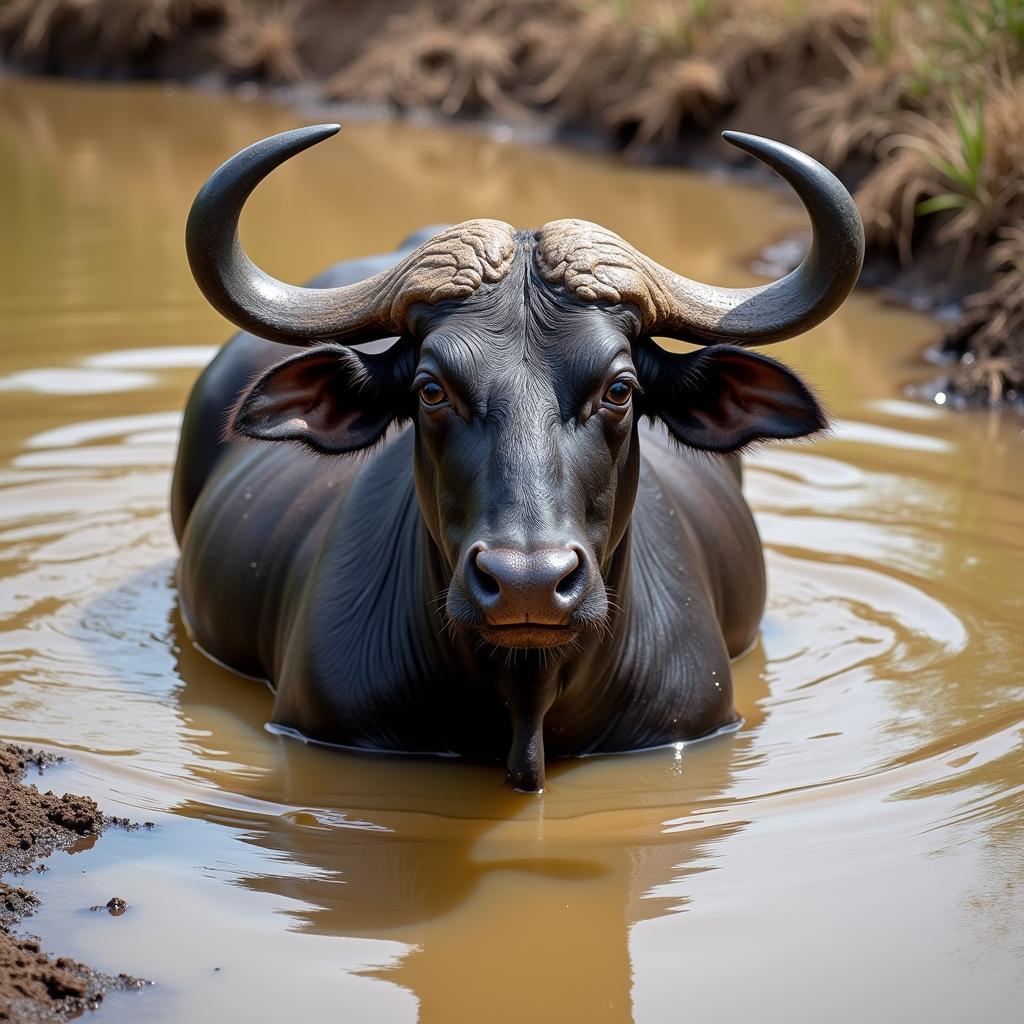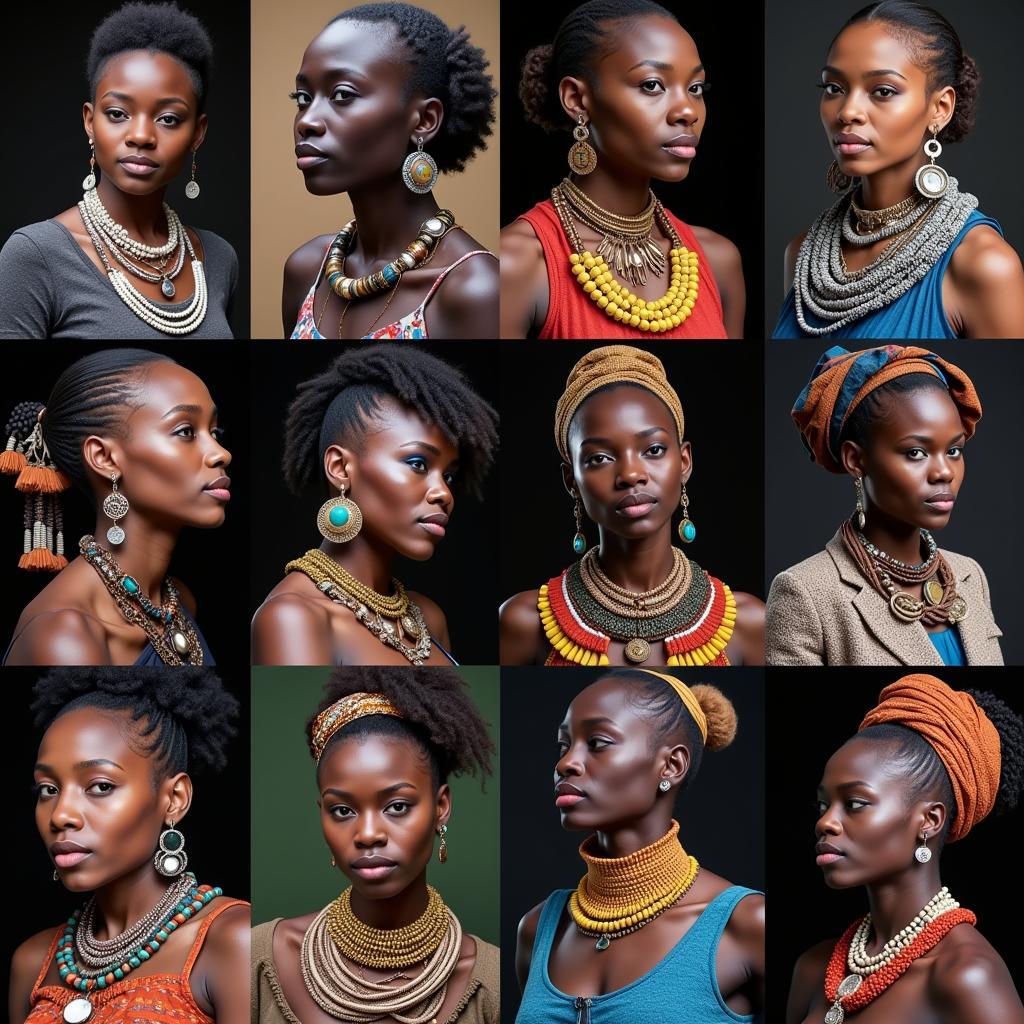African Animals for Sale: A Complex Issue
African Animals For Sale is a topic fraught with ethical and legal complexities. While some trade is legal and regulated, a significant portion involves the illegal wildlife trade, posing a grave threat to Africa’s biodiversity. This article explores the different facets of this issue, from legal breeding programs to the devastating impact of poaching and trafficking.  African animals for sale legally at a breeding facility
African animals for sale legally at a breeding facility
Understanding the Legalities Surrounding African Animals for Sale
Navigating the regulations related to buying and selling African animals is crucial. Legal trade exists for certain species, often involving captive-bred animals intended for zoos, conservation programs, or private collections. However, stringent permits and regulations govern this trade to ensure the animals’ welfare and prevent exploitation. These regulations vary significantly between countries and even within different regions of Africa. It’s essential to thoroughly research the specific laws governing the trade of the animal you are interested in before engaging in any transaction. Failure to comply with these regulations can lead to severe penalties, including hefty fines and imprisonment.
What animals are legally sold in Africa? Animals like ostriches, certain antelope species, and some reptiles are often legally bred and sold. However, the legality always depends on specific regional and national laws. african exotic animals for sale can provide further insight.
Navigating the Legal Landscape of African Animal Trade
Understanding the intricate web of regulations governing the sale of African animals can be challenging. Consult with legal experts specializing in wildlife trade to ensure you’re operating within legal boundaries.
The Dark Side: Poaching and Illegal Wildlife Trade
The illegal wildlife trade casts a dark shadow over the African continent. Driven by high demand for exotic pets, traditional medicine, and luxury goods, poaching decimates wildlife populations and fuels organized crime. Animals like rhinos, elephants, and pangolins are particularly vulnerable, facing relentless hunting pressure that pushes them closer to extinction. This illegal trade not only endangers individual species but also disrupts ecosystems and undermines conservation efforts.
Why is illegal wildlife trade a problem? The illegal trade devastates animal populations, threatens biodiversity, and destabilizes ecosystems. It also funds criminal networks and poses risks to human health through the spread of zoonotic diseases. african handmade crafts offers an ethical alternative to purchasing items derived from endangered species.
The Impact of Poaching on African Ecosystems
Poaching disrupts the delicate balance of African ecosystems. The removal of keystone species like elephants can have cascading effects on the entire food web, leading to unpredictable and often devastating consequences.
“The illegal wildlife trade is not just about animals; it’s about people and the future of our planet,” says Dr. Anika Moolman, a wildlife conservationist based in South Africa. “It fuels corruption, undermines sustainable development, and robs future generations of their natural heritage.”
Supporting Conservation Efforts
Instead of contributing to the demand for African animals for sale, consider supporting reputable conservation organizations working to protect wildlife in their natural habitats. These organizations play a vital role in anti-poaching initiatives, community education, and habitat restoration. african animals black and white can be a beautiful way to appreciate these creatures without contributing to their exploitation.
How Can I Help Protect African Wildlife?
There are many ways to contribute to wildlife conservation, including donating to reputable organizations, volunteering your time, and raising awareness about the issue. Choosing sustainable tourism options and supporting businesses that prioritize ethical practices can also make a difference.
“Every action, no matter how small, can contribute to a larger movement for change,” emphasizes Dr. Moolman. “By supporting conservation, we are investing in a future where both people and wildlife can thrive.”
Conclusion
The trade of African animals is a multifaceted issue with significant implications for conservation and sustainable development. While legal and regulated trade exists, the pervasive threat of poaching and illegal wildlife trade demands urgent action. By understanding the complexities of this issue and supporting conservation initiatives, we can contribute to protecting Africa’s remarkable biodiversity for future generations. Remember, seeking out information on “african animals for sale” carries a responsibility to ensure ethical and legal practices. african headrest can provide a unique glimpse into African culture without harming wildlife.
FAQ
- Is it legal to buy African animals? It depends on the species, the country, and the specific regulations in place. Always research thoroughly before engaging in any transaction.
- What are the risks of buying illegally traded animals? Supporting illegal trade contributes to the decline of wildlife populations and fuels criminal activity. It can also result in legal penalties.
- How can I support ethical wildlife tourism? Choose tour operators with strong conservation credentials and avoid activities that exploit animals.
- What are some reputable organizations working to protect African wildlife? Organizations like the African Wildlife Foundation and the World Wildlife Fund are actively involved in conservation efforts.
- How can I report suspected illegal wildlife trade? Contact your local authorities or wildlife crime reporting agencies.
- What are the alternatives to buying exotic animals? Supporting conservation organizations and engaging in responsible wildlife tourism are excellent alternatives.
- What is the CITES treaty and how does it relate to the sale of African animals? The CITES (Convention on International Trade in Endangered Species of Wild Fauna and Flora) treaty regulates the international trade of certain species to ensure their survival.
Do you have any other questions? You can reach us at +255768904061 or kaka.mag@gmail.com. You can also visit our office at Mbarali DC Mawindi, Kangaga, Tanzania. Our customer service team is available 24/7. We also have other articles that may be of interest to you.



